
Somba Opu Fort Cultural Park
Explore the remnants of the 16th-century Gowa Sultanate's fort and discover traditional Sulawesi houses.
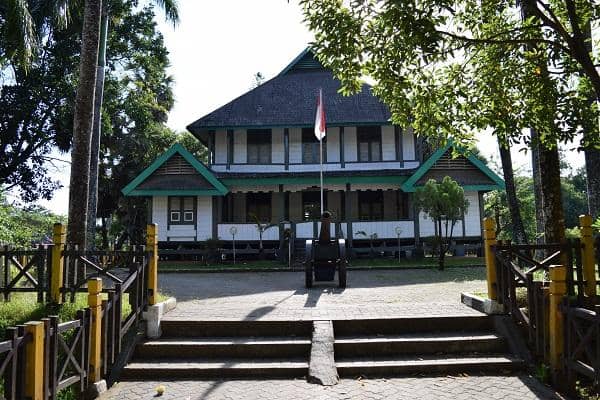
Highlights
Must-see attractions
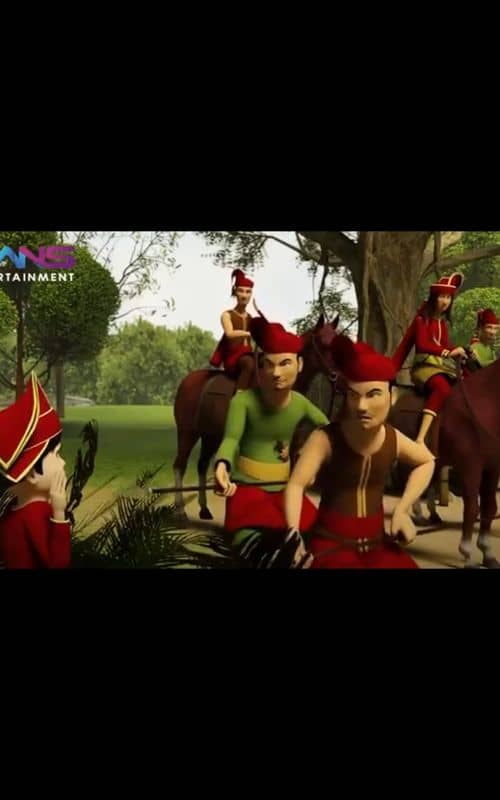
Social
From TikTok & Reddit
Best Time
Fewer crowds, better exploration

Somba Opu Fort Cultural Park
Best Time
Fewer crowds, better exploration

Highlights
Must-see attractions
Explore the remnants of the 16th-century Gowa Sultanate's fort and discover traditional Sulawesi houses.
"A historical gem with potential, offering a glimpse into the Gowa civilization despite maintenance challenges."
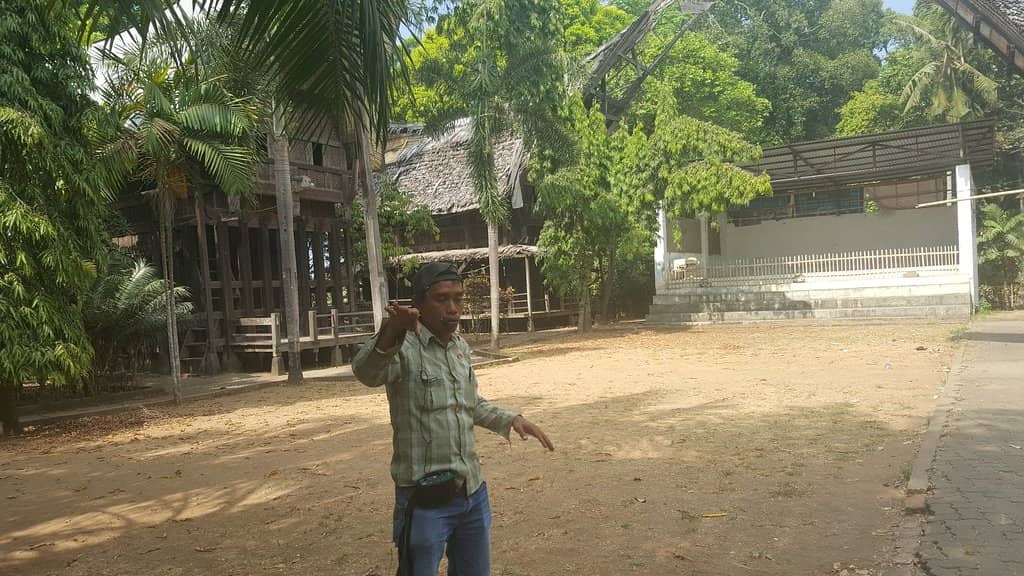
👟 Wear sturdy shoes
Some fort areas are crumbling and slippery. Prioritize safety when exploring the historic structures.
🏛️ Visit the museum
Entry is free and it houses fascinating excavated artifacts from the Gowa civilization.
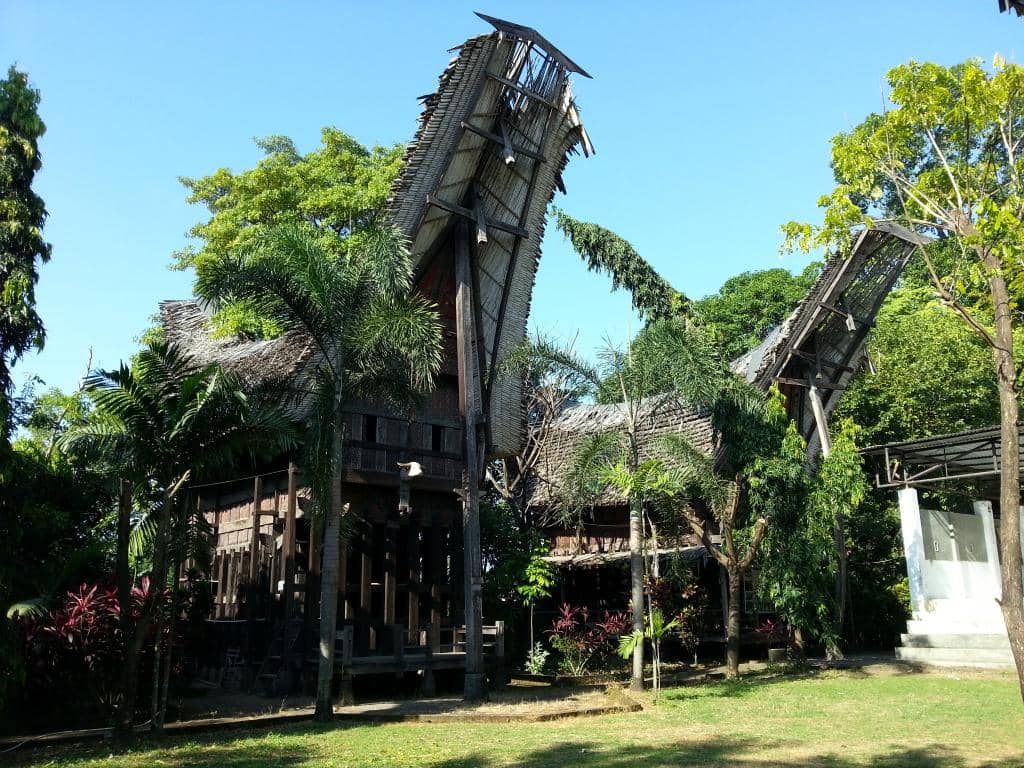
Highlights
Discover the most iconic attractions and experiences
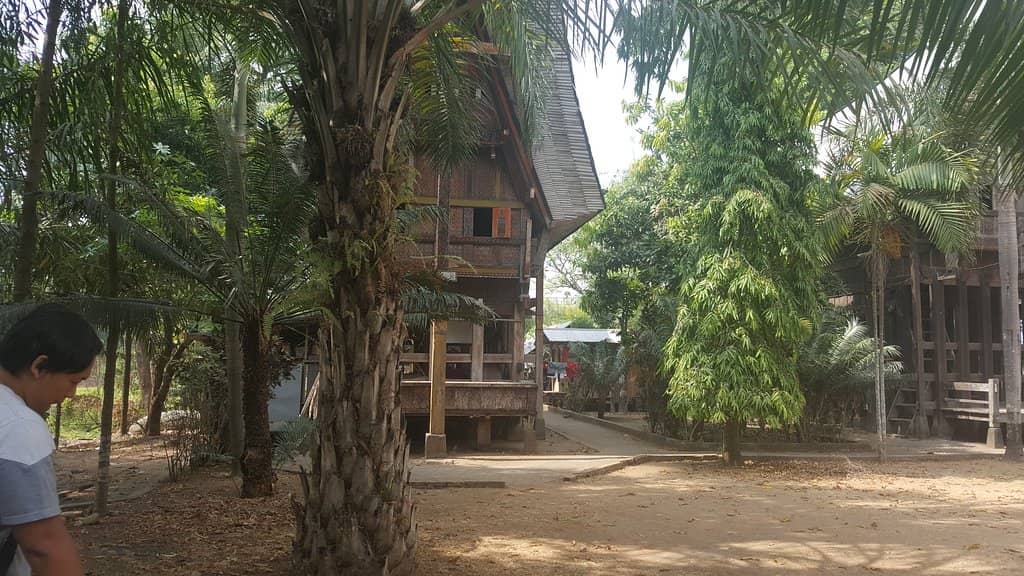
Gowa Sultanate Fort Remains
Fortress area
Explore the remnants of a 16th-century stronghold, a testament to the Gowa kingdom's past glory.
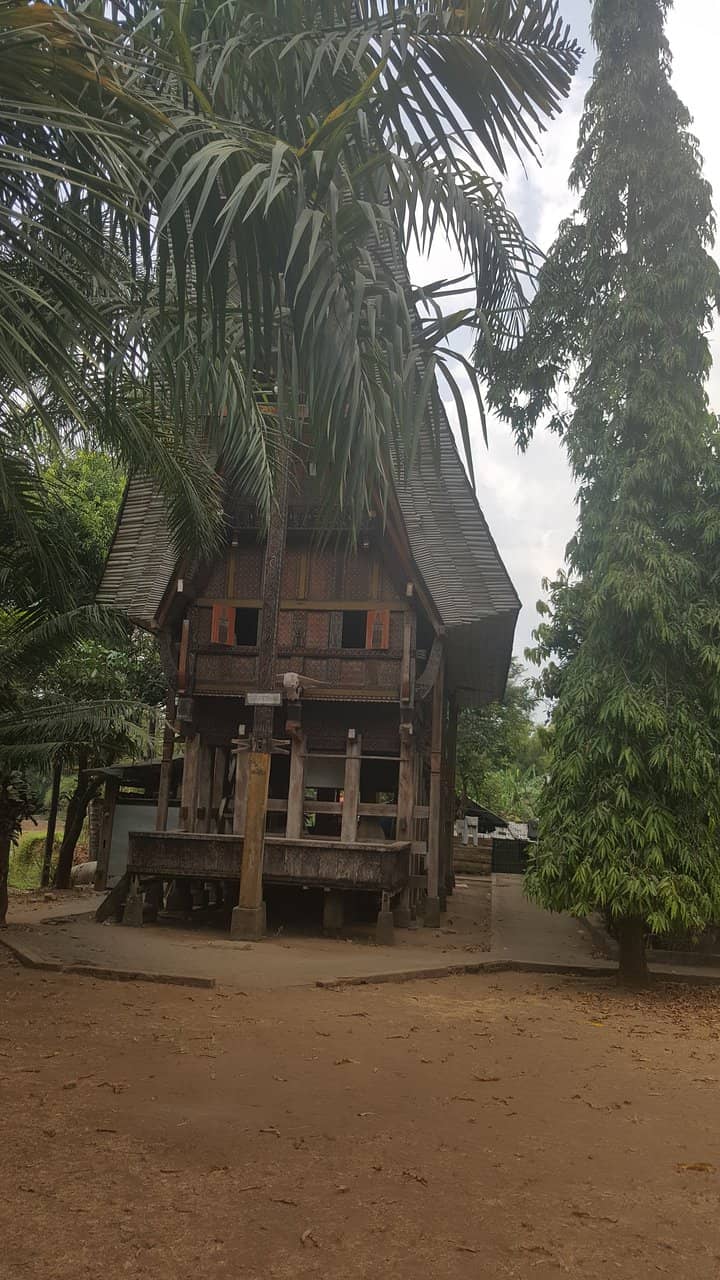
Sulawesi Traditional Houses
Park grounds
Discover replicas of diverse traditional houses from across Sulawesi, showcasing regional architecture.
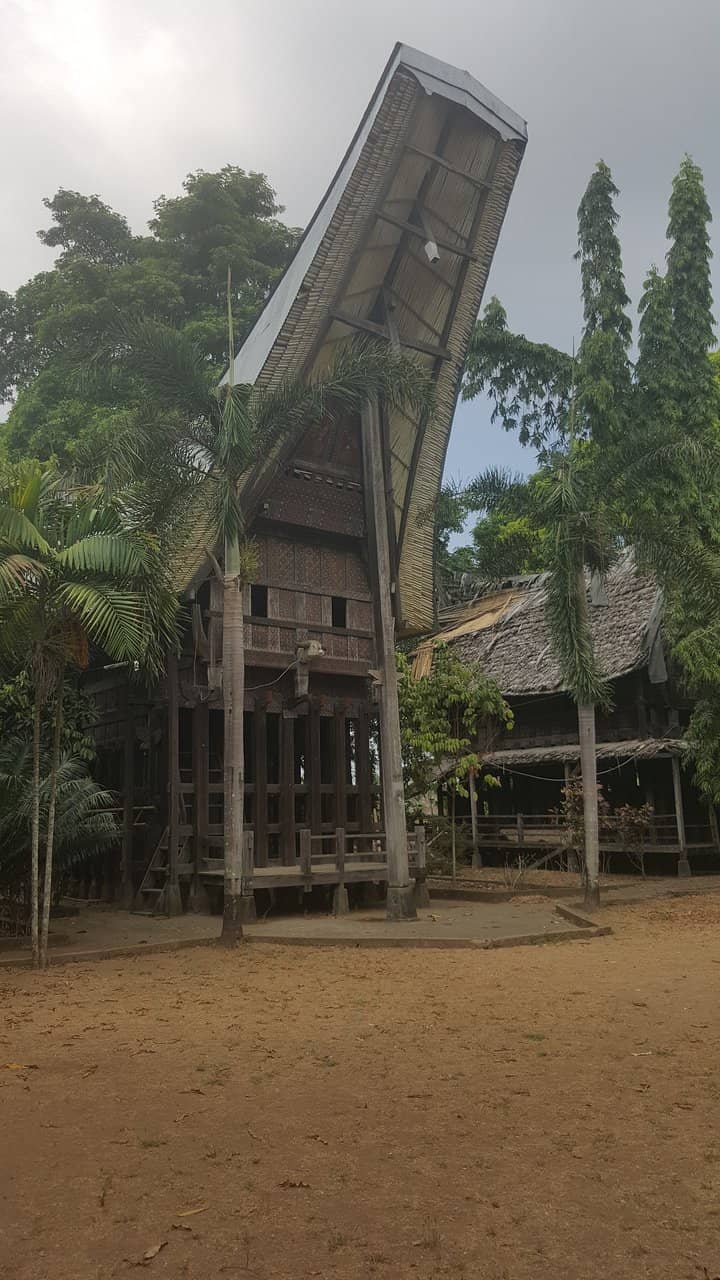
Gowa Civilization Museum
Museum building
View recently excavated historical artifacts that shed light on the rich Gowa civilization.
Plans like a pro.
Thinks like you
Planning Your Visit
Preserving History, Facing Challenges
A Glimpse of Sulawesi's Heritage
Best Times
Insider Tips
from TikTok, Instagram & Reddit
👟 Wear sturdy shoes
Some fort areas are crumbling and slippery. Prioritize safety when exploring the historic structures.
🏛️ Visit the museum
Entry is free and it houses fascinating excavated artifacts from the Gowa civilization.
🏡 Check house access
Traditional houses may be closed or occupied. Inquire locally for access.
📸 Capture the culture
The park offers unique photo opportunities with fort ruins and diverse traditional houses.
Tips
from all over the internet
👟 Wear sturdy shoes
Some fort areas are crumbling and slippery. Prioritize safety when exploring the historic structures.
🏛️ Visit the museum
Entry is free and it houses fascinating excavated artifacts from the Gowa civilization.
🏡 Check house access
Traditional houses may be closed or occupied. Inquire locally for access.
📸 Capture the culture
The park offers unique photo opportunities with fort ruins and diverse traditional houses.
What Travellers Say
Reviews Summary
Somba Opu Fort Cultural Park is recognized for its historical significance as the former stronghold of the Gowa Sultanate and its collection of traditional Sulawesi houses. Visitors appreciate the free museum entry and the glimpse into past civilizations. However, many reviews highlight concerns about the lack of maintenance, with crumbling fort structures and neglected traditional houses detracting from the overall experience.
"This place is the remains of a civilization long before Dutch colonial era, from here, you can learn the era of Gowa civilization that served as a trade city and fortress. Some of the buildings are still preserved, some other are buried. Many of the historical items contained traces of Gowa civilization are displayed here in the museum, some of them were recently excavated.
The museum are pretty interesting, the entry is free, but sadly the surrounding area aren't well maintained. Hopefully someday it can be better"
Danny Kwan
"The historic structure sits in a large area dotted with replicas of traditional houses from regions in Sulawesi. The short distance from the city centre of Makassar makes it accessible to many. The structure itself is a testament to the efforts by the 16th century kingdom of Gowa in protecting its people. However, the Dutch East India Company managed to overcome the Fort in the 17th century."
nazif JT
"Actually was a good spot, many traditional houses from tribe at Sulawesi. Dutch heritage fort, museum, camping ground, but many broken facilities, and the traditional house is not well maintained."
Nolianto Ananda
What People Like
What People Dislike
Frequently Asked Questions
🚇 🗺️ Getting There
Somba Opu Fort Cultural Park is a short distance from Makassar's city center, making it easily accessible. You can take a taxi or ride-sharing service directly to the park. Public transportation options might be available, but taxis offer the most convenience.
Yes, parking is generally available at the park for visitors arriving by private vehicle.
The park is quite spread out, so comfortable walking shoes are recommended. For longer distances within the park, you might consider hiring a local guide or using available transport if offered.
🎫 🎫 Tickets & Entry
While the museum has free entry, there might be a nominal fee for accessing the fort and traditional house areas. It's advisable to check for the latest pricing upon arrival.
Opening hours can vary, especially for the traditional houses and museum. It's best to visit during daylight hours and check locally for specific timings.
Advance booking is typically not required for Somba Opu Fort Cultural Park, as it's more of a historical site than a ticketed attraction. You can usually purchase tickets upon arrival.
Yes, the museum at Somba Opu Fort Cultural Park is generally free to enter, offering a great opportunity to see historical artifacts.
🎫 🧭 Onsite Experience
You can explore the remains of the 16th-century fort, visit the museum with excavated artifacts, and see replicas of traditional houses from various Sulawesi regions.
Maintenance can be inconsistent. Some traditional houses are well-preserved, while others may be closed or in disrepair.
Visitors should exercise caution as some fort structures are crumbling and can be slippery due to moss. It's advisable to avoid risky climbs.
Yes, photography is encouraged, especially of the fort ruins and the diverse traditional houses, offering unique cultural insights.
Yes, the park historically included a camping ground, though its current condition and availability should be verified locally.
🍽️ 🍽️ Food & Dining
Food options within the park itself might be limited. It's recommended to eat before or after your visit, or bring your own snacks and water.
Bringing your own food and drinks is generally permissible, especially for a picnic. Please ensure you clean up after yourself to maintain the park's condition.
📸 📸 Photography
The crumbling fort walls offer dramatic shots, while the diverse traditional houses provide colorful and architecturally interesting subjects. The museum artifacts also make for unique close-ups.
Regulations regarding drone usage can vary. It's best to inquire with park authorities before flying a drone to ensure compliance with local rules.
For Different Travelers
Tailored advice for your travel style
👨👩👧 Families with Kids
Consider focusing on the more accessible areas and the museum. While some traditional houses might be closed, the visual variety can still be interesting. Bringing snacks and water is advisable, as on-site food options may be limited. The park's open spaces also allow for some room to roam, making it a potentially enjoyable, albeit educational, family visit.
🏛️ History Enthusiasts
The park's layout, with its blend of fort ruins and traditional houses, allows for a comprehensive exploration of the region's historical and cultural layers. While acknowledging the current state of preservation, the site's historical significance as a testament to pre-colonial Indonesian power and its eventual encounter with colonial forces makes it a compelling destination for in-depth study and appreciation.
Deep Dives
In-depth insights and expert knowledge
The Historical Significance of Somba Opu Fort
Today, the reconstructed remains offer a tangible connection to this past. While some structures are well-preserved, others are buried or have succumbed to time, adding a layer of mystery and archaeological interest. The ongoing excavation and display of historical items in the museum further illuminate the Gowa civilization, providing visitors with a deeper understanding of its cultural and economic achievements.
Despite its historical importance, the site faces challenges in preservation and maintenance. Visitors often note areas that are not well-maintained, with crumbling fort walls and neglected traditional houses. This contrast between historical significance and current condition is a recurring theme in visitor feedback, with many hoping for improved upkeep to better showcase this valuable heritage.
Exploring Sulawesi's Architectural Diversity
These traditional houses showcase a range of materials, construction techniques, and aesthetic features, reflecting the diverse environments and cultural practices of Sulawesi's peoples. From the intricate carvings to the unique roof structures, each dwelling tells a story of its origin. Visitors can gain insights into the regional variations in housing that have developed over centuries.
However, the upkeep of these traditional houses is a concern for many visitors. Some are reported to be closed, not well-maintained, or even occupied by residents, which can detract from the intended cultural experience. The hope is that these architectural gems will receive better care to serve as educational and engaging exhibits for future generations.


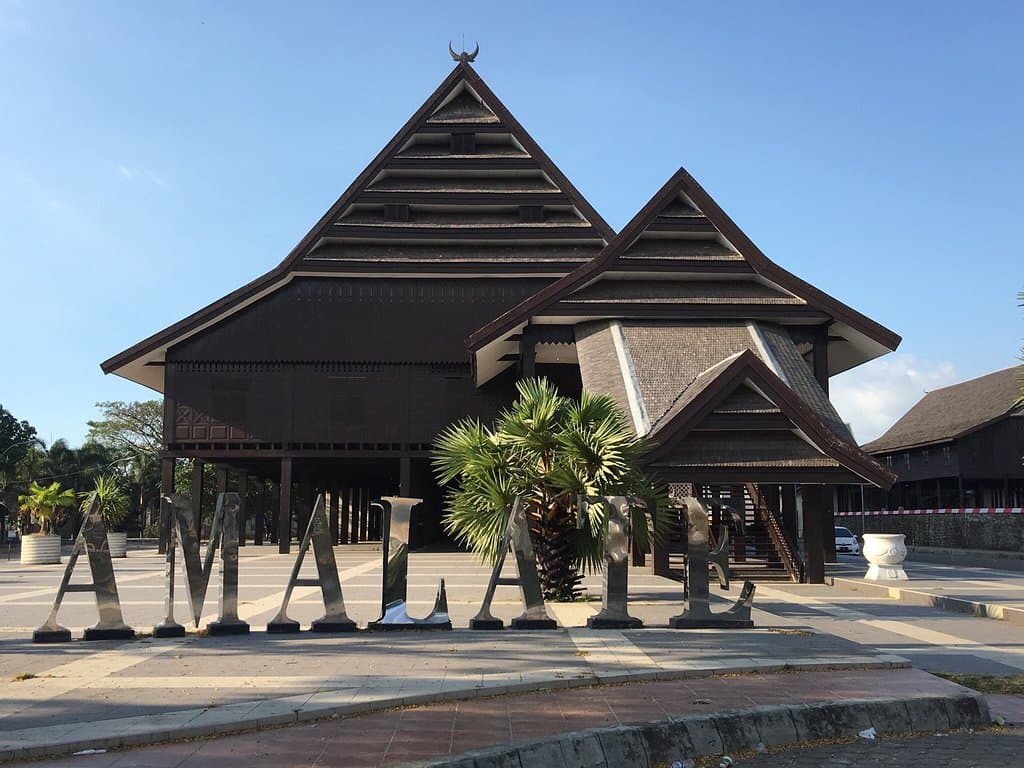
Social
from TikTok, Instagram & Reddit